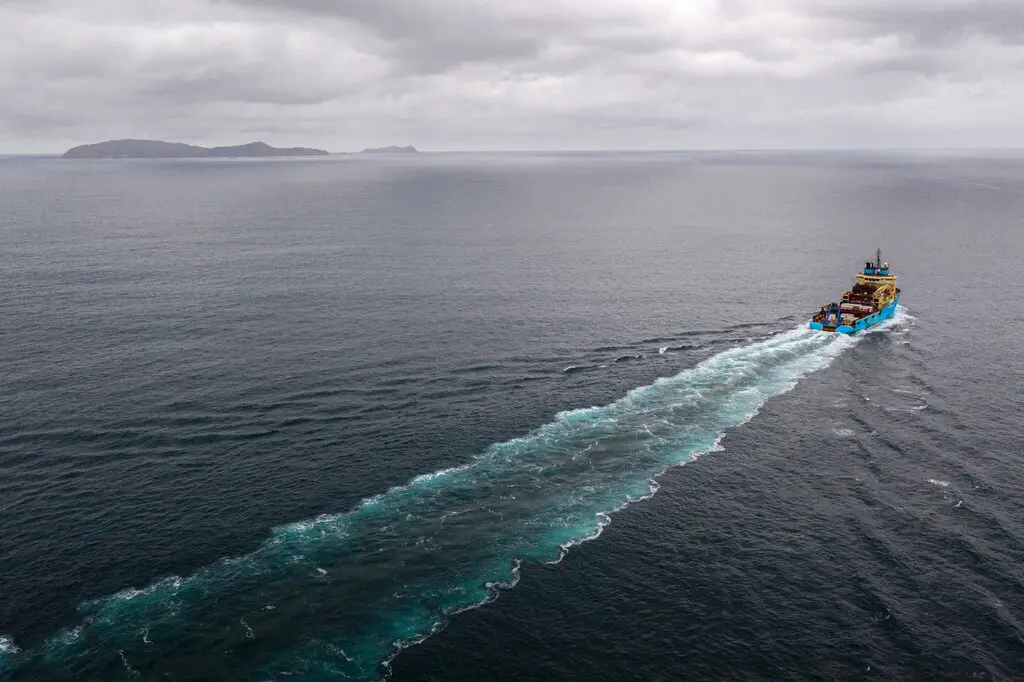The Metals Company (TMC), a deep-sea mining firm, is facing widespread condemnation from international regulators after bypassing their authority and seeking the Trump administration’s approval to extract critical minerals from the ocean floor. The move has sparked controversy over legal loopholes, environmental concerns, and the role of national governments in deep-sea resource exploitation.
The Controversial Bid for U.S. Approval
Rather than working through international regulatory bodies, The Metals Company directly sought the approval of the Trump administration to begin extracting minerals from the seabed. This decision was widely perceived as an attempt to circumvent oversight from the International Seabed Authority (ISA), the organization responsible for governing deep-sea mining in international waters.
TMC’s request focused on securing access to polymetallic nodules, which contain high concentrations of critical minerals such as cobalt, nickel, and manganese—resources essential for battery production and renewable energy technologies. By seeking approval from the U.S. government, the company attempted to sidestep the global framework designed to regulate oceanic resource extraction.
International Regulators Condemn the Move
Global regulatory bodies and environmental organizations swiftly condemned TMC’s actions, accusing the company of undermining the authority of the ISA and setting a dangerous precedent for future seabed mining activities. Critics argue that such actions could weaken international governance structures, leading to an unregulated scramble for ocean resources.
Key Concerns Raised by Regulators:
- Legal Loopholes: Bypassing ISA regulations could create a precedent for other companies to follow, challenging the global regulatory framework.
- Environmental Risks: Deep-sea mining is associated with significant ecological risks, including habitat destruction, biodiversity loss, and disruption of marine ecosystems.
- Sovereignty and Governance: Critics argue that individual governments approving deep-sea mining operations outside ISA’s authority could lead to disputes over jurisdiction and resource control.
Environmental and Ethical Implications
Deep-sea mining remains one of the most controversial frontiers in resource extraction. Scientists and environmental activists warn that mining the ocean floor could have irreversible effects on marine life. Seabed ecosystems are largely unexplored, and disturbing them could have long-term consequences for global biodiversity and carbon storage.
Environmental groups have called for a moratorium on deep-sea mining until more research is conducted to assess the full impact of such operations. The ISA has yet to finalize regulations governing commercial mining, further complicating the situation.
Political and Industry Reactions
U.S. Perspective
Under the Trump administration, there was significant support for expanding domestic mineral supply chains to reduce reliance on foreign sources, particularly from China. This policy encouraged companies like TMC to seek national approvals rather than relying on international regulatory mechanisms. However, the Biden administration has adopted a more cautious approach, emphasizing environmental protection and adherence to international norms.
Industry Divide
While some industry stakeholders support deep-sea mining as a necessary step for securing critical minerals, others worry about reputational risks and the potential for stricter regulations in the future. Major automakers and battery manufacturers have expressed concerns over the environmental impact of seabed mining, with some pledging not to source minerals from ocean extraction projects.

